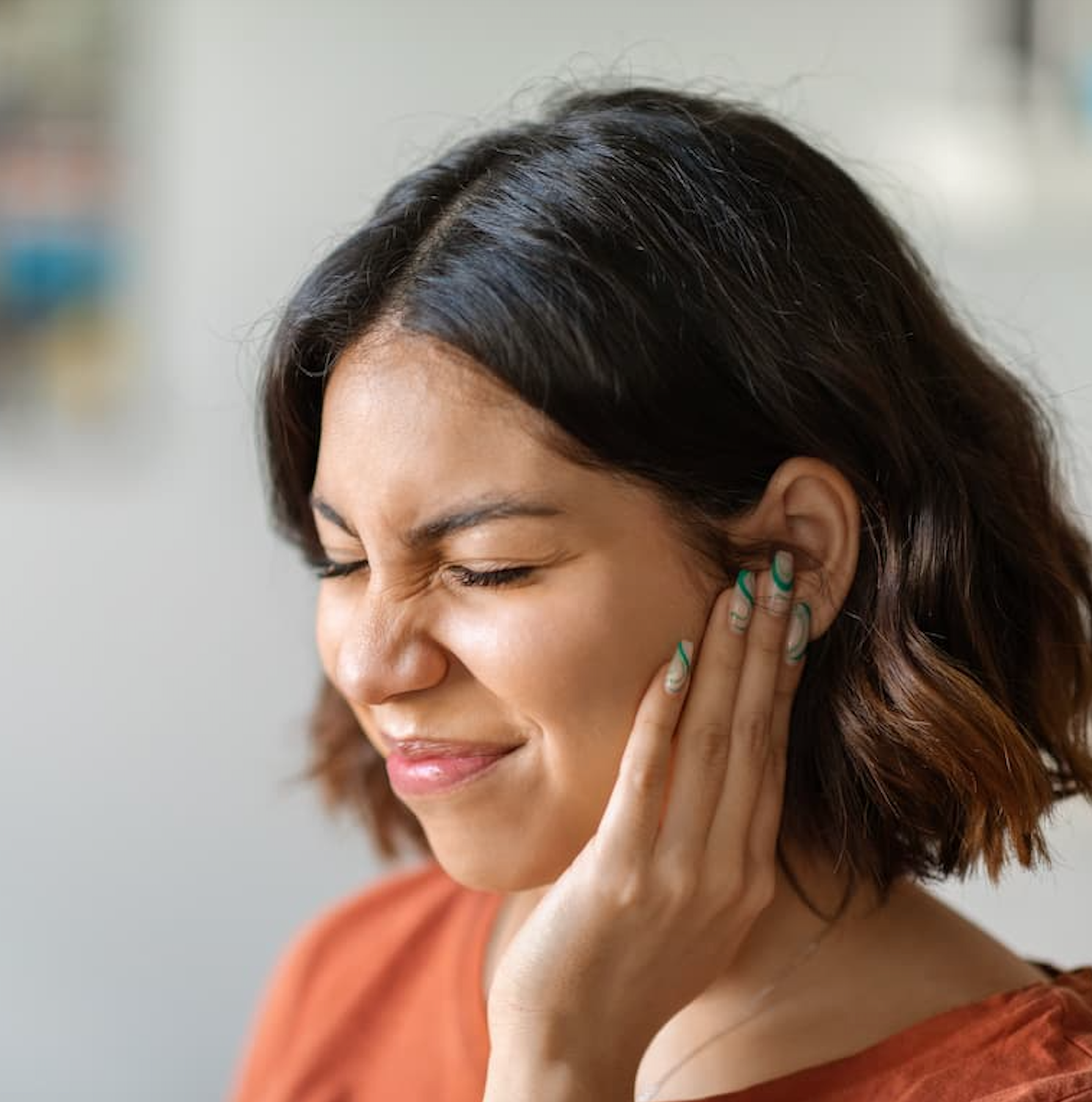Patients with GERD Face 6.65 Times Greater Risk of Tinnitus
Study links GERD to a significantly higher risk of tinnitus, with PPI treatment potentially elevating that risk further.
By
Lana Pine
| Published on December 11, 2024
4 min read
Credit: Adobe Stock/Prostock-studio

A new study conducted in South Korea revealed a strong link between gastroesophageal reflux disease (GERD) and tinnitus (ringing in the ears). Additionally, treating GERD with proton pump inhibitors (PPIs) — the primary treatment method for the condition — significantly increased the risk of developing tinnitus.
Although GERD affects approximately 13% of the population, its low severity and mortality rates compared with those of other digestive system conditions mean the condition is often overlooked. However, this can lead to a variety of gastric and nongastric complications, including posterior laryngitis, pharyngitis, chronic gastritis and chronic cough, and recent research has shown the impact acid reflux can have the middle and inner ear via the Eustachian tube.
Tinnitus can develop due to issues with the middle and/or inner ear, the central nervous system and the peripheral nervous system, with the most common cause being a cochlear dysfunction.
“Even though the precise mechanism remains unclear, acids refluxed through the Eustachian tube may disrupt the round window membrane, which serves as one of the openings connecting the middle ear to the inner ear,” wrote a group of Korean investigators. “From this background, we hypothesized that GERD and tinnitus might be associated because the middle ear and pharynx are anatomically linked to each other by the Eustachian tube.”
Investigators used data from the Korean Nationwide Cohort Database (NHIS-NSC2) to identify adult patients with GERD who were clinically diagnosed between 2003 and 2019. Any patients with a history of PPI use were defined as the study cohort, while those with no record of PPI use were the control group.
Of the 1,137,861 patients available in the NHIS-NSC2 cohort, 514,376 eligible patients were diagnosed with GERD and 669,144 were not.
Over the follow-up period, significantly more people with GERD developed tinnitus than those without GERD. Specifically, the incidence rate of tinnitus was 14.91 cases per 1,000 person-years in the GERD group, compared with just 1.74 cases per 1,000 person-years in the non-GERD group.
After adjusting for various factors including age, sex, income, comorbidities, medical visits and medication use, patients with GERD were found to have a 6.65 times higher risk of developing tinnitus than the non-GERD group. When accounting for medication use in the year before the study, the risk remained strong. The Kaplan–Meier analysis confirmed that tinnitus was significantly more common in GERD patients over time. Additional analyses also highlighted the role of various patient factors in influencing tinnitus risk.
In total, 132,519 patients with GERD had previously used PPI treatment, while 502,521 did not. Tinnitus occurred in 15,333 cases in the PPI group, compared with 34,767 cases in the non-PPI group. According to a multivariate analysis, adjusting for both non-drug-related and drug-related factors, PPI was significantly linked to an increased risk of tinnitus. The Kaplan-Meier and sensitivity analysis also confirmed these findings.
Investigators considered the retrospective, observational study design using health claim data as a limitation because of the possibility of unmeasured covariates and not being able to assess the severity of GERD-related diseases. To mitigate this, they included information on the frequency of gastrointestinal endoscopies in their assessment. Further, they could not definitively identify depression and anxiety disorders, due to masked health codes, although they could determine which patients were prescribed antidepressants and benzodiazepines.
Future research for the team includes evaluating the link between GERD and hearing loss, as hearing loss is commonly associated with tinnitus.

